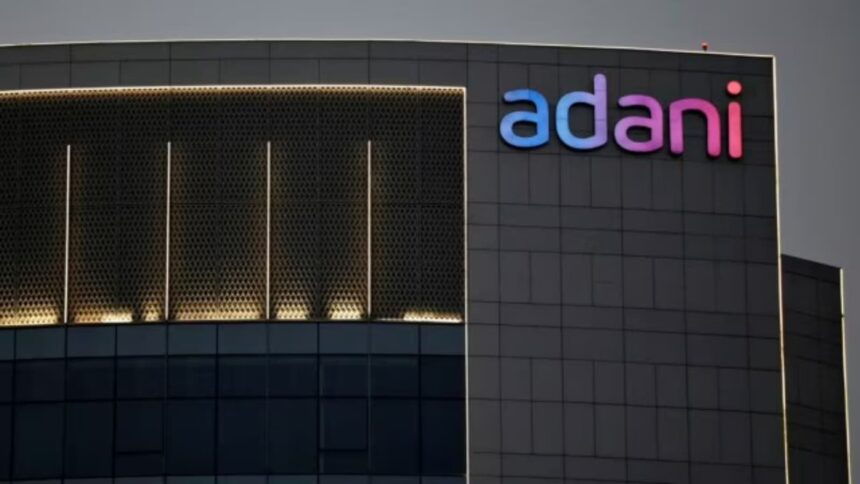The Adani group has transferred all the spectrum it had purchased in a 2022 auction to Bharti Airtel, effectively signalling a pause in its ambitious telecom play. This comes after the ports-to-energy conglomerate failed to meet its minimum rollout obligations, and incurred penalties since it could not find a use case for the airwaves.
Adani Data Networks, a wholly owned subsidiary of , had bought 400 Mhz spectrum in the 26 Ghz band for Rs 212 crore in the auctions held in July 2022, which was the first time 5G spectrum was auctioned. It holds 100 Mhz each in Gujarat and and 50 Mhz each in , Karnataka, Andhra Pradesh and Rajasthan.
The Adani Group had purchased spectrum to provide private network solutions to its multiple business verticals such as airports and ports. The group did not have plans of offering consumer telecom services.
“Adani Data Networks Ltd (ADNL), a wholly owned subsidiary of Adani Enterprises Ltd, has signed definitive agreements with Ltd and its subsidiary Bharti Hexacom Ltd to transfer the rights to use 400 MHz of spectrum in the 26 GHz band,” the group said in a statement.
“The closing of the transaction is subject to satisfaction of the standard conditions (including conditions stated in the spectrum trading guidelines) and statutory approval(s),” Bharti Airtel said in a separate statement.
had earlier reported that Adani Data Networks was penalised by the Department of Telecommunications (DoT) at least twice since last year for not utilising its 5G spectrum so far. The department had sent multiple show cause notices to the company over the delay in launching connectivity services. It is understood that the company has been unable to see a clear use case for the airwaves it owns.
It is understood that the company has paid the DoT more than Rs 55 crore for the purchase of the spectrum, and now with the transfer, the remaining amount of its dues will have to be paid by Airtel.
During the 2022 spectrum auctions, the government had announced a proposal for tech companies and other enterprises to acquire spectrum directly from it to test and build industry 4.0 applications, such as machine-to-machine communications, the Internet of Things (IoT), artificial intelligence (AI), etc. These networks are called private captive networks, as they are set up to serve a specific organisation, and not the general population.
As per the minimum rollout obligations for companies who acquired spectrum in 2022, for those who bought airwaves in the 26 GHz frequency band, they would have to launch commercial services anywhere in the service area within a year.
Penalties of Rs 1 lakh per week for the first 13 weeks, followed by Rs 2 lakh per week for the next 13 weeks, will be levied on the companies that do not meet the obligation. A show cause notice will be issued to the telcos concerned before penalties are levied, the conditions state.
Industry experts said that private 5G networks have so far found no takers due to several operational challenges, and a lack of use cases that could make economic sense.
“First of all, the cost of acquiring spectrum is very high, which cuts out many smaller firms from acquiring it and offering private 5G services. As a result, enough use cases are not coming up. In Adani’s case, only using airwaves for its group companies might not have made much economic sense,” a senior industry executive had told The Indian Express earlier.








